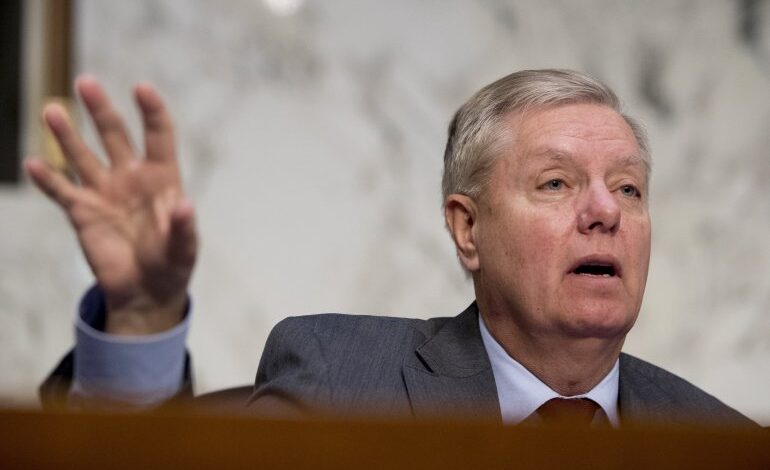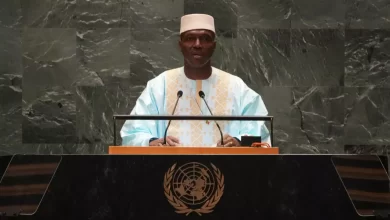US Senator Warns Allies Against Supporting ICC Warrants For Netanyahu

U.S. Senator Lindsey Graham has issued a warning to allied nations, including Canada, Britain, Germany, and France, threatening sanctions if they cooperate with the International Criminal Court (ICC) in enforcing arrest warrants against Israeli Prime Minister Benjamin Netanyahu and former Defense Minister Yoav Gallant. These warrants, issued over alleged war crimes and crimes against humanity in Gaza, have heightened tensions between the U.S. and its allies.
Speaking on Fox News, Graham stated:
“To any ally, Canada, Britain, Germany, France, if you try to help the ICC, we’re going to sanction you… If you are going to help the ICC as a nation and force the arrest warrant against Bibi and Gallant… I will put sanctions on you as a nation.”
Graham’s remarks highlight U.S. opposition to the ICC’s actions, emphasizing a preference for supporting Israeli leadership over aligning with the court.
Background on ICC Warrants and Gaza Conflict
The ICC issued the arrest warrants in connection with alleged war crimes during Israel’s military operations in Gaza. Following a cross-border attack by Hamas in October, Israel launched a large-scale offensive, resulting in over 44,000 deaths—primarily women and children—and over 104,000 injuries, according to Palestinian health authorities.
In addition, Israel’s actions in Lebanon, targeting Hezbollah, have caused over 3,600 deaths, 15,300 injuries, and displaced over one million people, as reported by Lebanese health authorities. These developments have led to accusations of genocide against Israel at the International Court of Justice.
Implications of Graham’s Statement
Graham’s warning signals potential diplomatic rifts as allied nations face pressure to either support international legal processes or risk jeopardizing relations with the U.S. His assertion—“You’re gonna have to pick the rogue ICC versus America”—underscores the Biden administration’s dilemma in balancing support for Israel while addressing mounting international criticism.
This development adds another layer of complexity to an already volatile situation, with calls for accountability clashing with geopolitical alliances and strategic interests.



